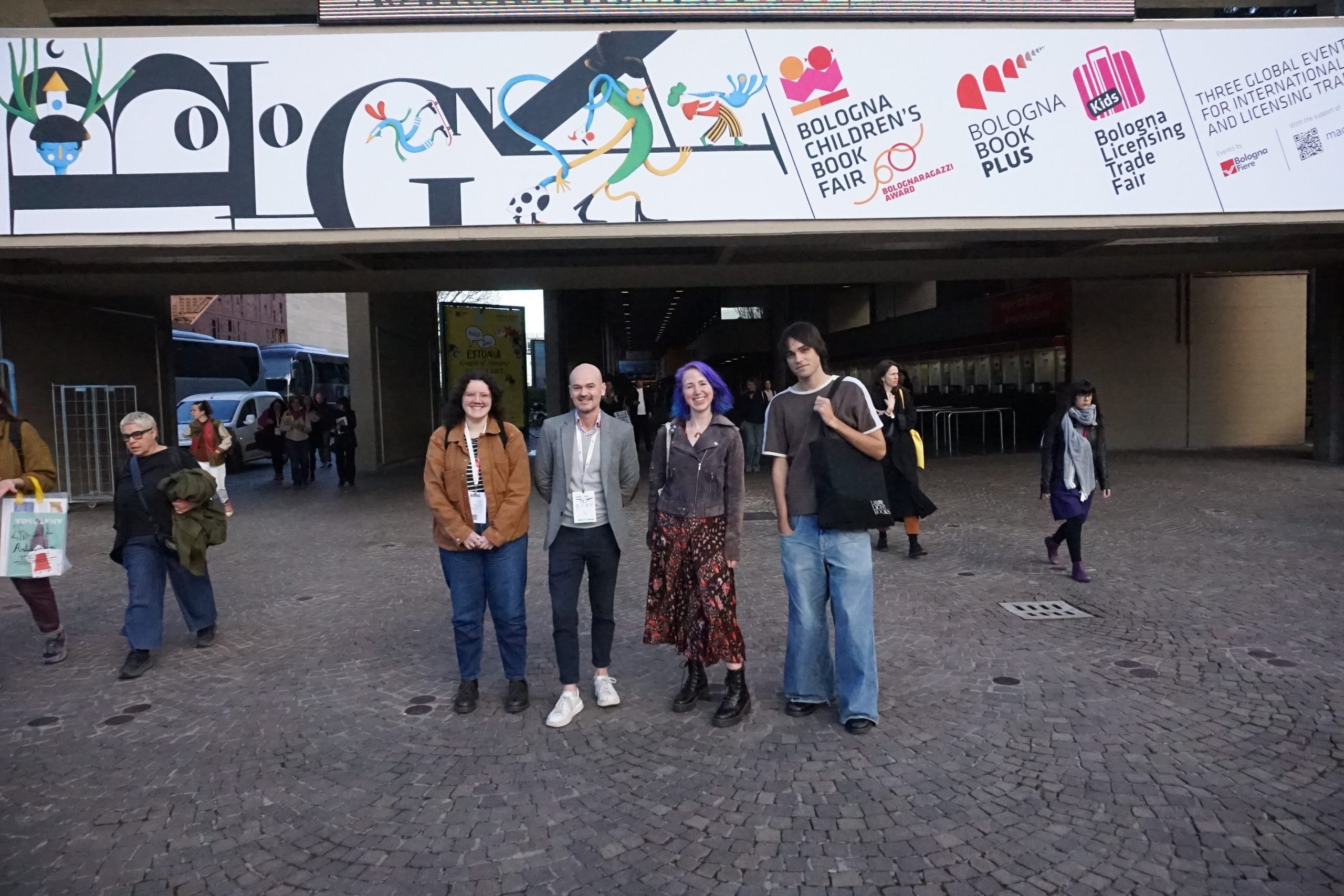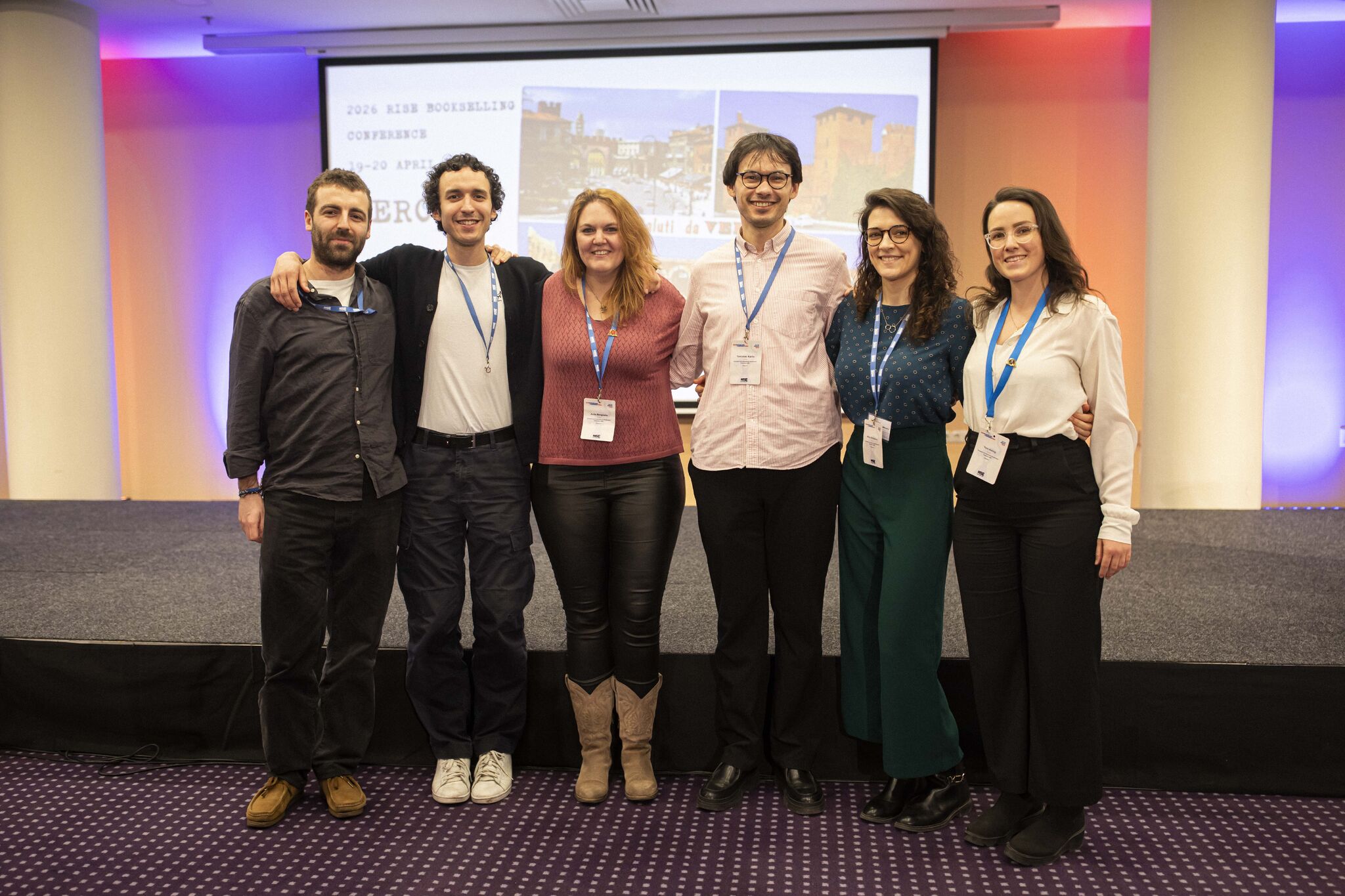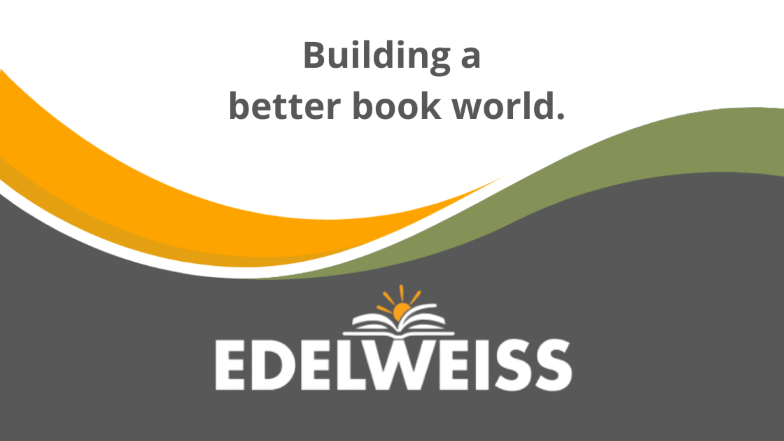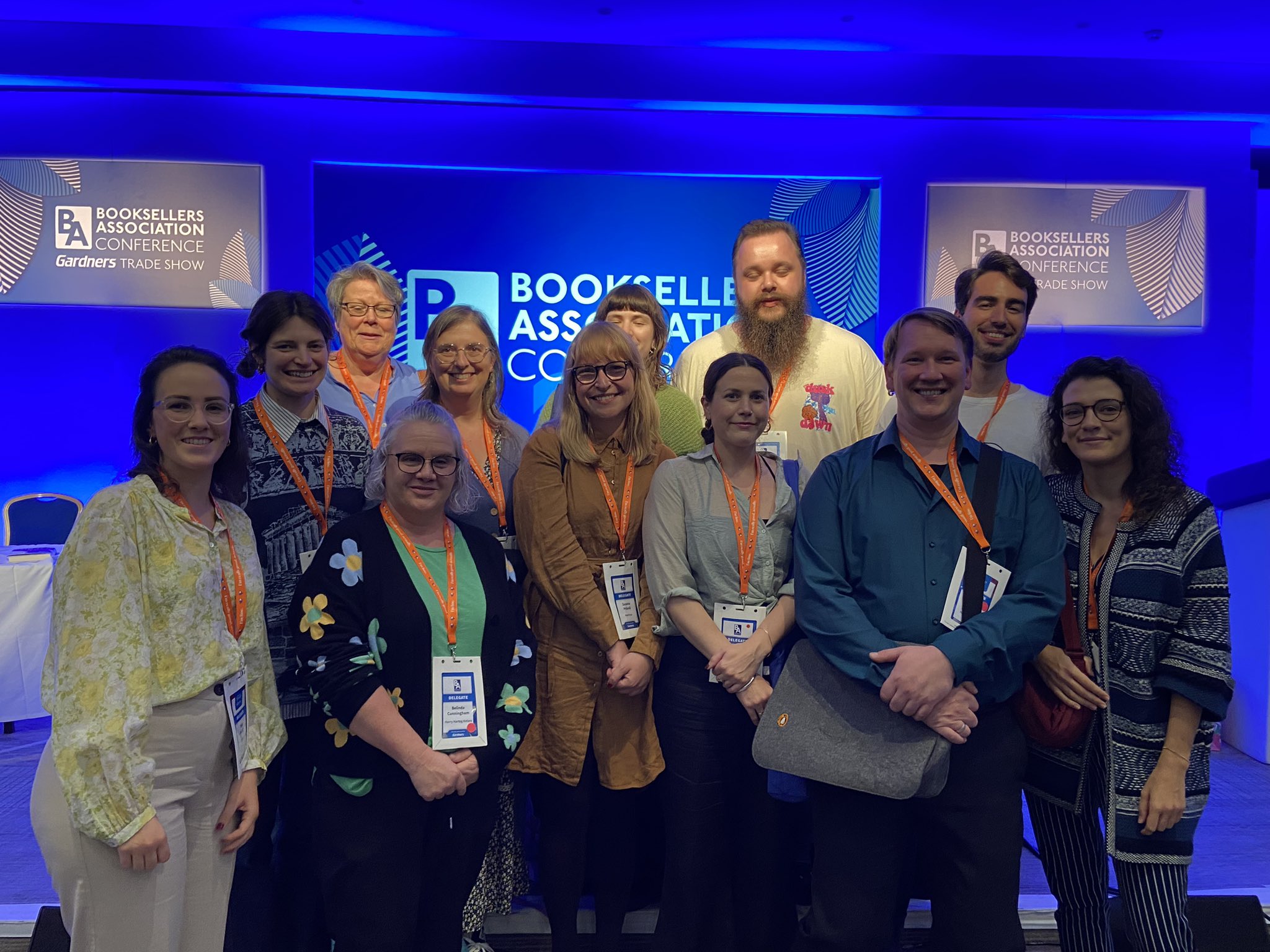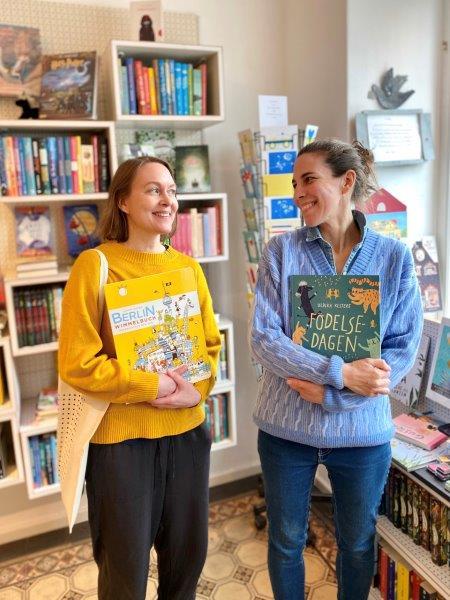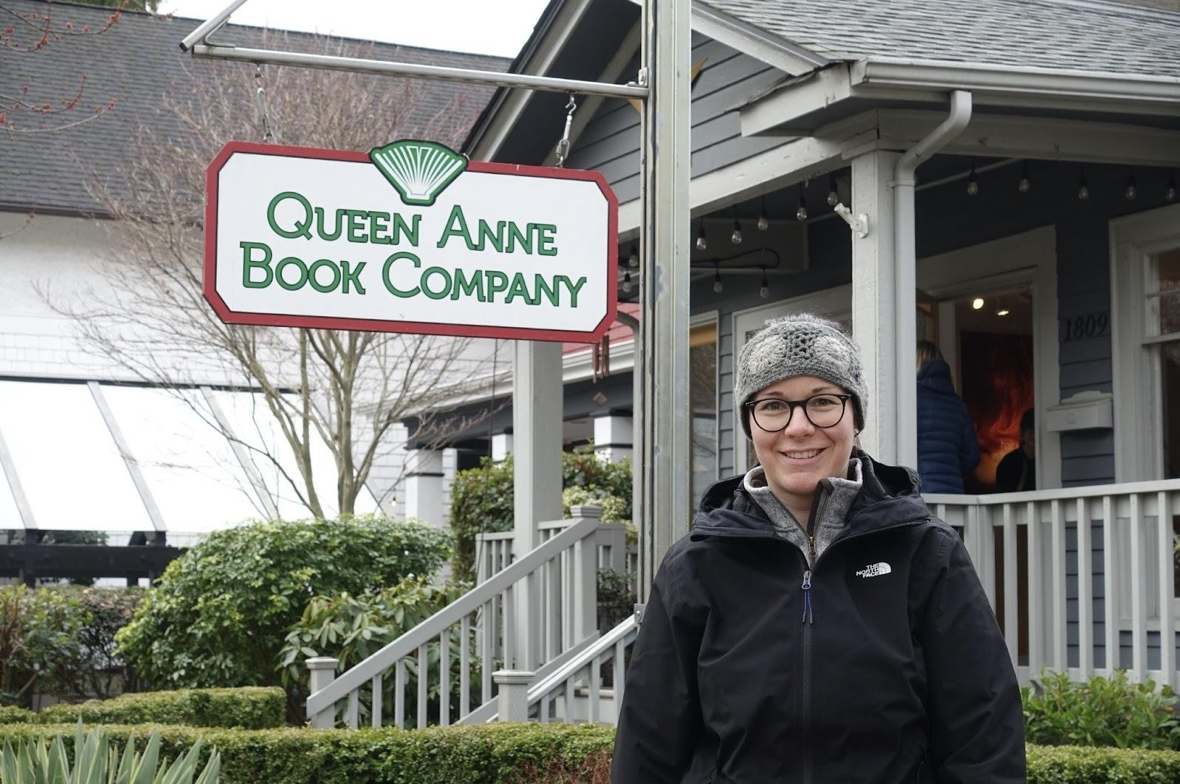Latest in: Uncategorized
European booksellers can now purchase books from Ingram in Euros (€), unlocking access to titles that have previously been difficult or impossible to source in Europe. Working directly with the leading North American publishers, …
Nadia Wassef, Egyptian bookseller and author of 'Shelf Life: Chronicles of a Cairo Bookseller', kindly accepted our invitation to the RISE Bookselling Conference 2025, where she delivered a brilliant keynote speech. She has agreed …
Last month, our Communications and Content Officer Álvaro travelled to Bologna , having the opportunity to visit the 62nd Bologna Children’s Bookfair - BCBF. Most importantly, he was joined by four international booksellers who, …
Thomas Barbier from De Reyghere bookstore in Bruges shared his impressions of the latest RISE bookselling conference. The original article was written in Dutch, but here we bring you Thomas's translation to English, together …
Between 23 and 24 March 2025, over 300 booksellers from 31 countries gathered for the 3rd edition of the RISE Bookselling Conference, organized by the EIBF team, this time in Riga, Latvia. This year’s …
At Edelweiss, we know that bookselling is not a solitary endeavor but involves community, conversation, and the building of relationships. We are proud to offer services to booksellers that open and sustain these connections …
On September 30th, we gathered in Hinckley, UK, with booksellers from across the UK for the British bookselling event of the year: the Bookselling Association of UK and Ireland’s annual conference. Through the RISE …
Report from my exchange with Krumulus children’s bookstore in Berlin Krumulus owner Anna Morlinghaus and Bokskogen guest Anna Weilemar Anna Morlinghaus, a children's bookseller at Bokskogen bookshop in Farsta (Sweden), had a great time …
Katja Lena Rau participated in the RISE Booksellers Exchange last month, travelling all the way from Buchhandlung Fiederer in Germany to Queen Anne Book Company in Seattle. Get an insight into the key takeaways …


